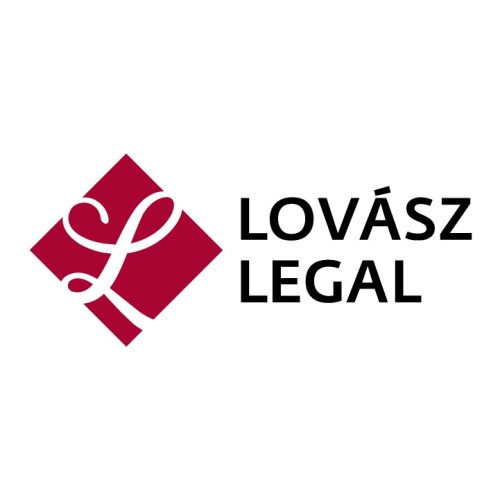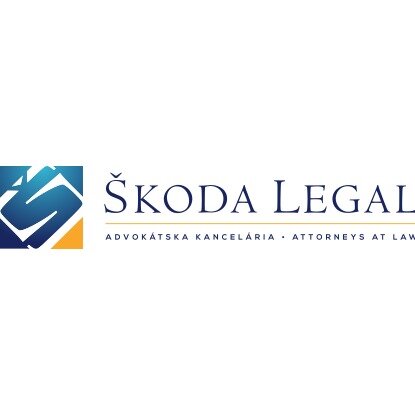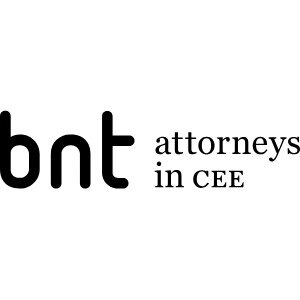Best Land Use & Zoning Lawyers in Slovakia
Share your needs with us, get contacted by law firms.
Free. Takes 2 min.
Free Guide to Hiring a Real Estate Lawyer
Or refine your search by selecting a city:
List of the best lawyers in Slovakia
About Land Use & Zoning Law in Slovakia
Land Use and Zoning Law in Slovakia primarily governs the allocation, planning, and management of land within the country. It determines how specific parcels of land can be used, whether for residential, industrial, commercial, or agricultural purposes. The main objective of these laws is to ensure sustainable development and organized urban and rural landscape. The Ministry of Transport and Construction of the Slovak Republic oversees the national policies, while local authorities handle the zoning specifics within their municipalities, ensuring they align with broader planning strategies.
Why You May Need a Lawyer
There are several scenarios where engaging a lawyer specializing in land use and zoning can be crucial. Common situations include:
- When purchasing land, to understand its zoning classifications and any potential restrictions.
- If you are planning significant renovations or development projects that require compliance with zoning regulations.
- To resolve disputes with neighbors or local authorities regarding land use.
- If there are changes in local zoning laws that might affect your property rights or planned usage.
- When dealing with expropriation or compensation issues.
- Ensuring historical or environmental compliance for protected areas.
Local Laws Overview
Slovak zoning laws are rooted in both national legislation and local ordinances:
- Building Act (Stavebný zákon): This is the primary regulation governing construction and spatial planning in Slovakia.
- Zoning Plans: Each municipality has the authority to develop zoning plans detailing land use, infrastructure development, and other spatial development policies.
- Environmental Impact Assessment: Any major development projects require an assessment to ensure they don't negatively impact the environment.
- Public Participation: Local communities have the right to participate in the planning process, especially for projects with community-wide impact.
Frequently Asked Questions
What is zoning?
Zoning refers to the process of dividing land into zones where certain land uses are permitted or prohibited. It helps in organized development and prevents land-use conflicts.
How can I find out the zoning classification of a property?
You can check the zoning classification by accessing your local municipality's zoning plans, often available on their website or at their office.
What steps are necessary to change the zoning of my property?
To change the zoning of a property, you'll need to submit a rezoning application to your local authority, justifying the need for change and how it aligns with local development goals.
Can I build on agricultural land?
Converting agricultural land for non-agricultural uses typically requires permission from relevant authorities and adherence to stricter regulations.
What do environmental protections mean for development?
Environmental protections may require additional assessments and approvals for developments to ensure they do not harm natural ecosystems or historical sites.
How do zoning laws affect property taxes?
Zoning classifications can impact property value, which in turn affects property taxes. Generally, land zoned for commercial use might attract higher taxes than residentially zoned land.
What happens if I violate zoning regulations?
Violating zoning regulations can lead to legal penalties, fines, or orders to cease or undo unauthorized developments.
How can I contest a zoning decision made by a local authority?
You can appeal zoning decisions through administrative procedures, and it's advisable to have legal representation to navigate the complexities.
Are there any exceptions to strict zoning laws?
Requesting variances might be an option, which involves seeking permission to deviate from standard zoning restrictions under specific circumstances.
What role do local communities have in zoning decisions?
Local communities can attend public meetings, object to proposed changes, and provide input during consultations to influence zoning decisions.
Additional Resources
Here are some resources and organizations that can offer further guidance:
- Ministry of Transport and Construction of the Slovak Republic: Central authority guiding national spatial planning policies.
- Local Municipality Offices: For specific zoning plans and regulations.
- Civic Initiatives and NGOs: These groups can offer support and information on protecting community interests.
- Environmental Agencies: For advice on environmental assessments and compliance.
Next Steps
If you require legal assistance in land use and zoning, consider the following steps:
- Consult with a qualified lawyer specializing in land use and zoning in Slovakia. This can be done through bar associations or law firms that focus on real estate and zoning laws.
- Gather all relevant documents and information about your property or the zoning plan you are interested in.
- Clearly define your objectives and issues to be discussed with your lawyer, ensuring efficient and effective guidance.
Lawzana helps you find the best lawyers and law firms in Slovakia through a curated and pre-screened list of qualified legal professionals. Our platform offers rankings and detailed profiles of attorneys and law firms, allowing you to compare based on practice areas, including Land Use & Zoning, experience, and client feedback.
Each profile includes a description of the firm's areas of practice, client reviews, team members and partners, year of establishment, spoken languages, office locations, contact information, social media presence, and any published articles or resources. Most firms on our platform speak English and are experienced in both local and international legal matters.
Get a quote from top-rated law firms in Slovakia — quickly, securely, and without unnecessary hassle.
Disclaimer:
The information provided on this page is for general informational purposes only and does not constitute legal advice. While we strive to ensure the accuracy and relevance of the content, legal information may change over time, and interpretations of the law can vary. You should always consult with a qualified legal professional for advice specific to your situation.
We disclaim all liability for actions taken or not taken based on the content of this page. If you believe any information is incorrect or outdated, please contact us, and we will review and update it where appropriate.
Browse land use & zoning law firms by city in Slovakia
Refine your search by selecting a city.















